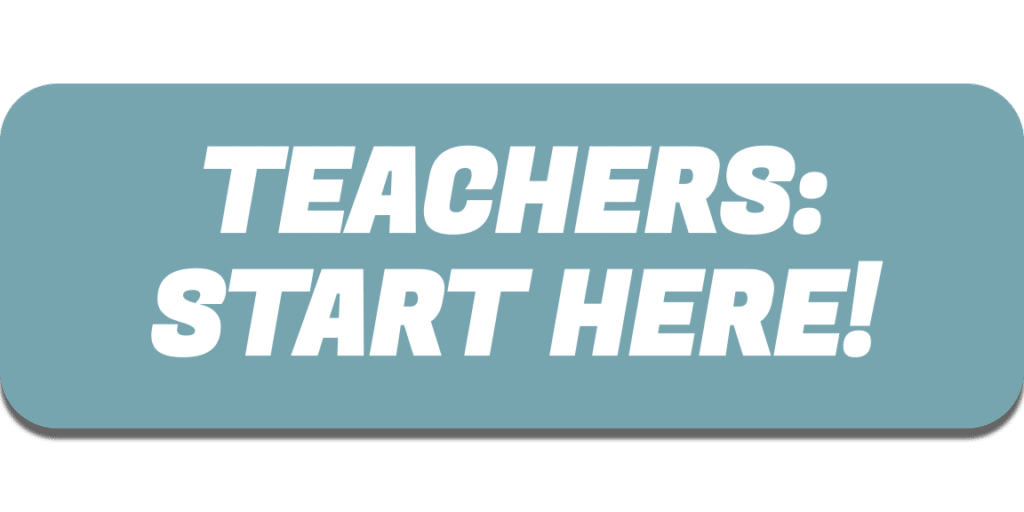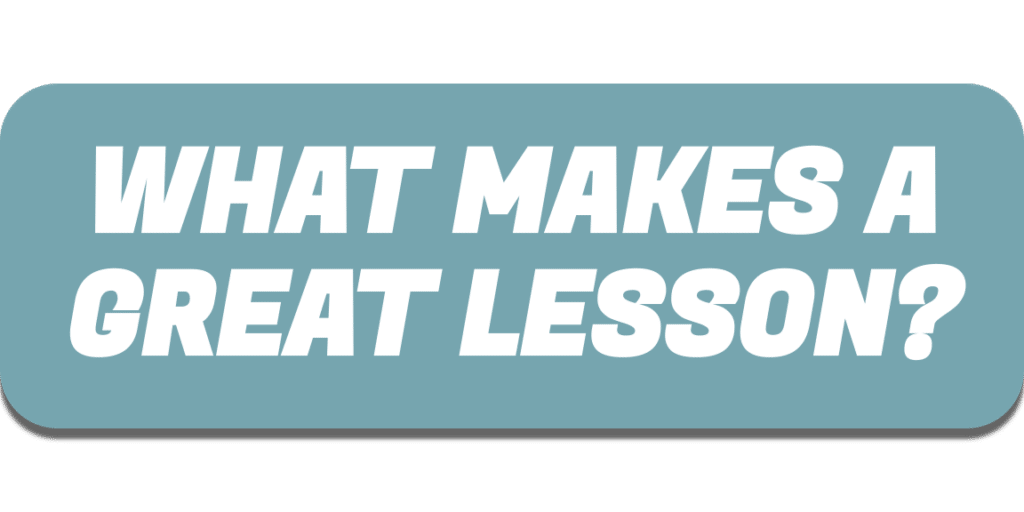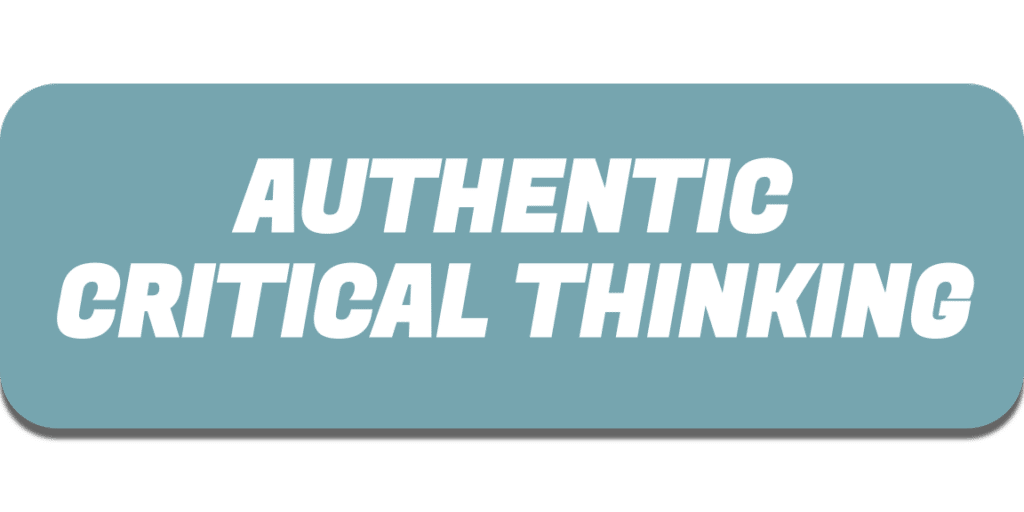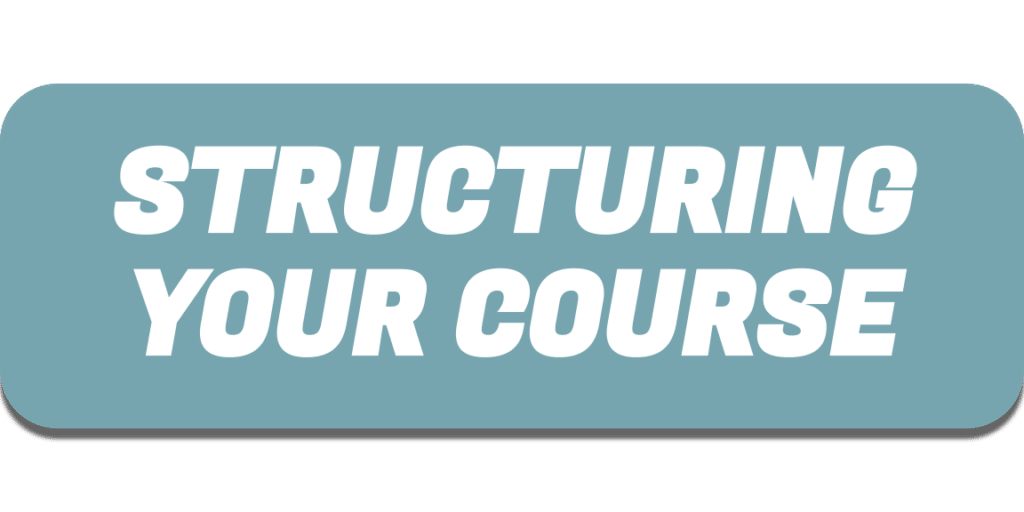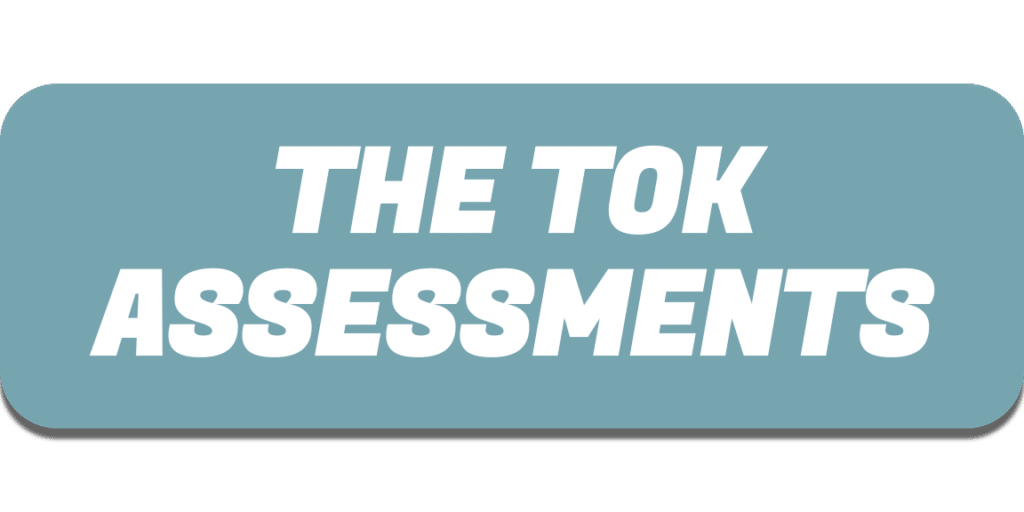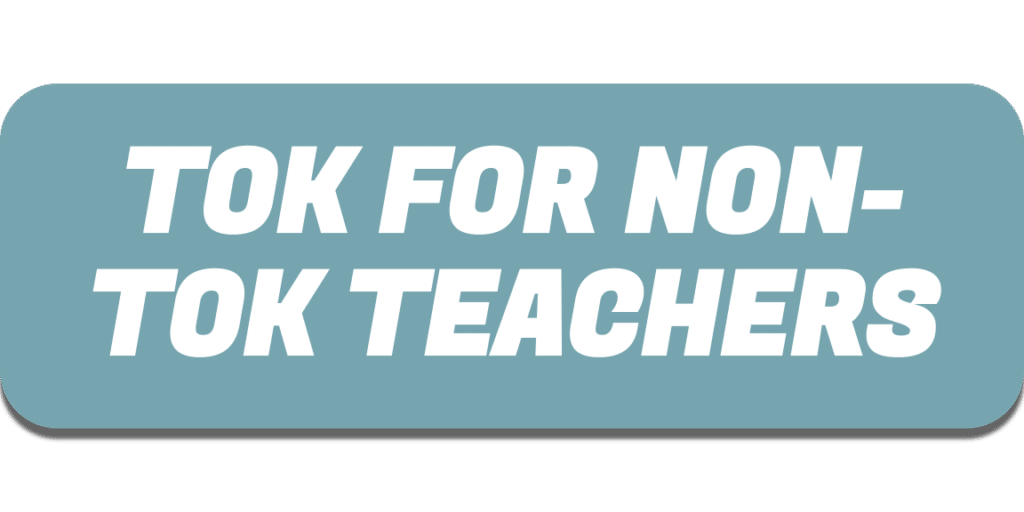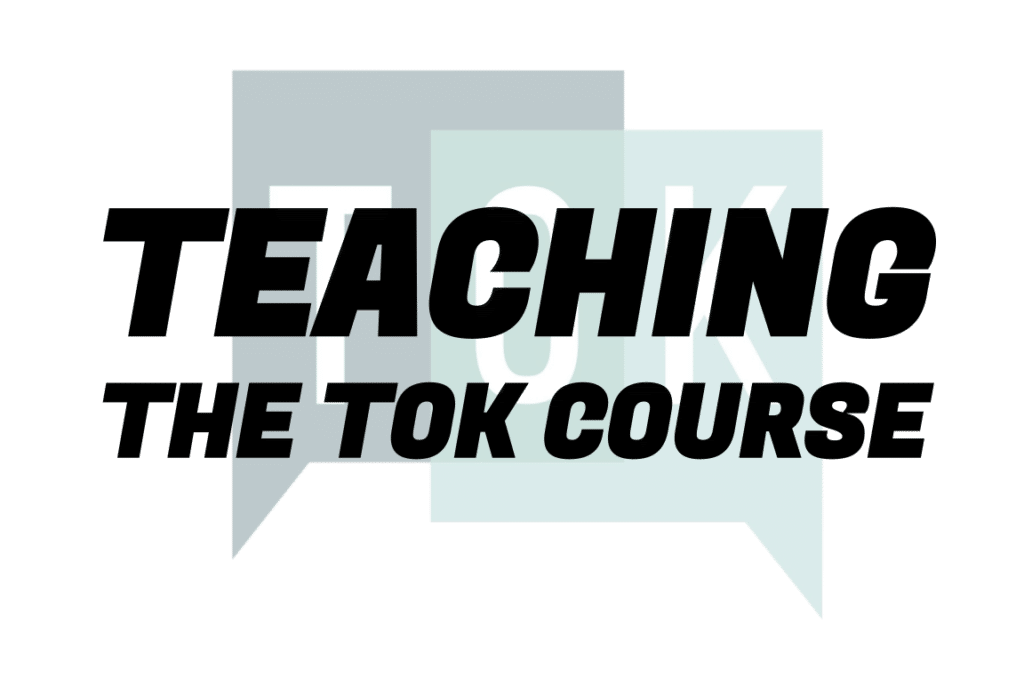
You may be a teacher coming to the course for the first time; you may be a more experienced educator taking over a TOK department; you may be a DP teacher looking to draw on the concepts and thinkers of TOK more in your subject – whatever your situation, this section of the site will provide you with help and guidance.
Find out more about teaching TOK
Click on the buttons below to take you to the pages for TOK and non-TOK teachers. If you have any questions about our memberships, workshops, and other TOK support services, don’t hesitate to get in touch at support@theoryofknowledge.net. To become a member of the site, follow this link.

Become a member of theoryofknowledge.net
Members have access to a huge range of classroom-ready TOK resources, including three different TOK Courses, the monthly TOK Mini-Lessons, our TOK Padlets, the Integration Tool, TOK Filmography, and loads more engaging, innovative resources!
Join in seconds here, and turn your school into a hub of authentic critical thinking.
